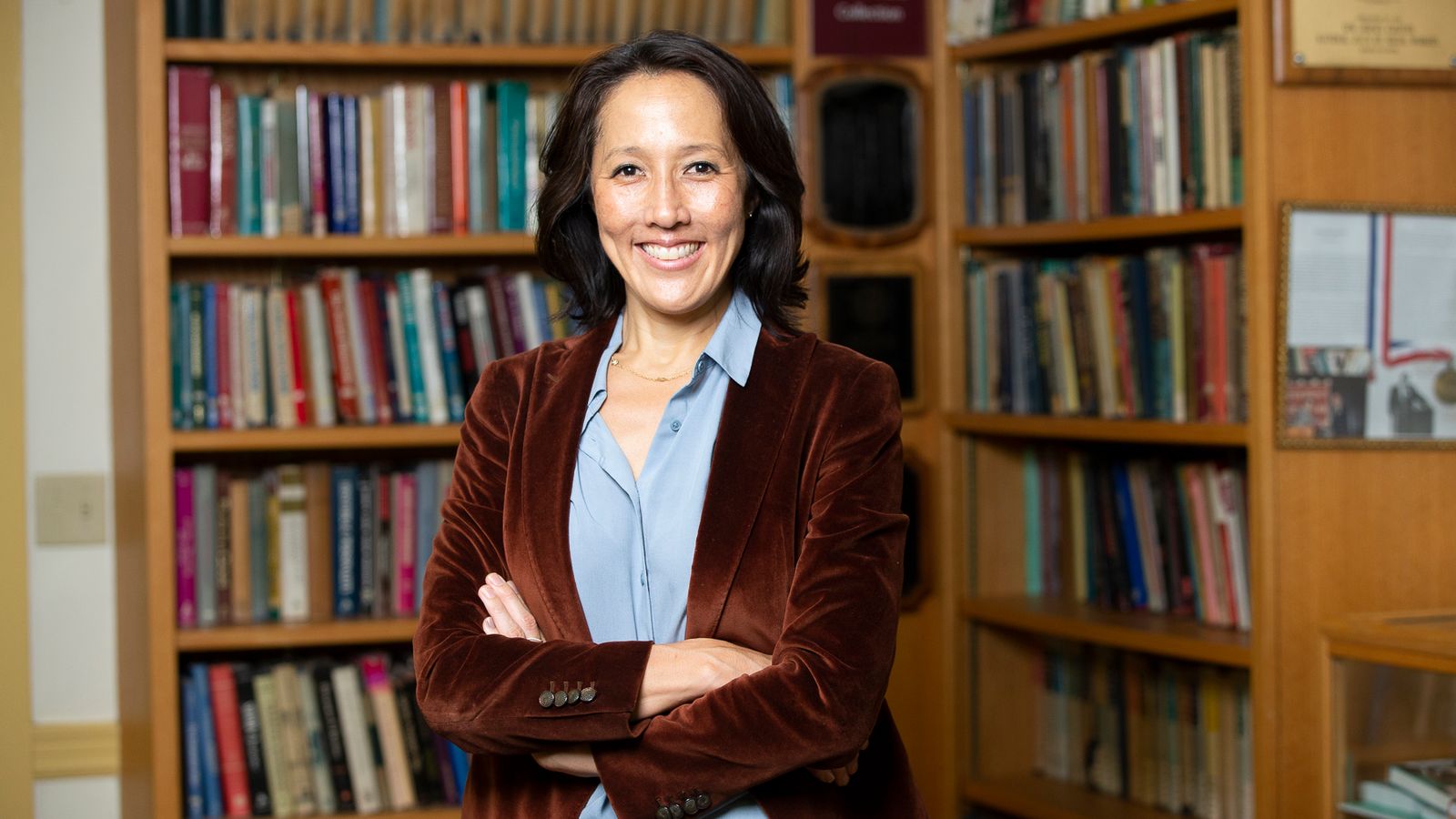11/7: Prof. Lee Presents on Culturally Adapted MI at American Psychological Association’s Society of Clinical Psychology

Christina Lee, PhD, associate professor at BU School of Social Work and a licensed psychologist, will present on her model of culturally adapted motivational interviewing at a virtual event hosted by the Society of Clinical Psychology, Division 12 of the American Psychological Association.
Lee’s talk is titled “Using the Stage Model of Behavioral Treatment to Culturally Adapt Interventions That Address Discrimination.” The talk will focus on motivational interviewing, a common addiction counseling approach that Lee believes can be optimized by addressing societal stressors like racism and discrimination.
WHEN:
Saturday, November 7, 1:00 PM ET
WHERE:
Virtual – Zoom Webinar
DETAILS & REGISTRATION:
This talk is free and open to the public. Pre-registration is required – register here.
Licensed psychologists will be eligible for 1 CE following completion of both the program and a brief evaluation.
DESCRIPTION (from APA’s WEBSITE):
Stigma, discrimination, and stress are key drivers of racial and ethnic disparities in mental health and substance use. Motivational Interviewing is an addiction counseling approach that has promise for use with marginalized populations. COVID, the harsh anti-immigrant rhetoric, and the demonstrations for social justice, has pushed community resiliency to the breaking point. In light of this public health crisis, we ask: is MI fine as it is? Or can it be optimized in a user friendly way to increase engagement and impact to reduce the harms associated with poor mental health and substance use and encourage people to care for themselves? The current presentation describes an optimization of Motivational Interviewing for alcohol and drug use disorders that led to positive outcomes that were also broader in impact than planned. The presentation will describe how the Stage model of Behavioral Therapies (Rounsaville, Carroll, & Onken, 2001; Onken, Carroll, Shoham, Cuthbert, & Riddle, 2014) guided the programmatic research and will provide examples of how MI was adapted to address stressors including discrimination; such approaches are consistent with APA recommendations as described in the APA report on Stress in America: The Impact of Discrimination (2016).
LEARNING OBJECTIVES:
- Explain why cultural adaptation is necessary step between a clinical trial and community adoption
- Describe how an evidenced-based treatment was adapted to address stressors and discrimination
- Apply the Stage Model theory of treatment development to design a study of cultural adaptation